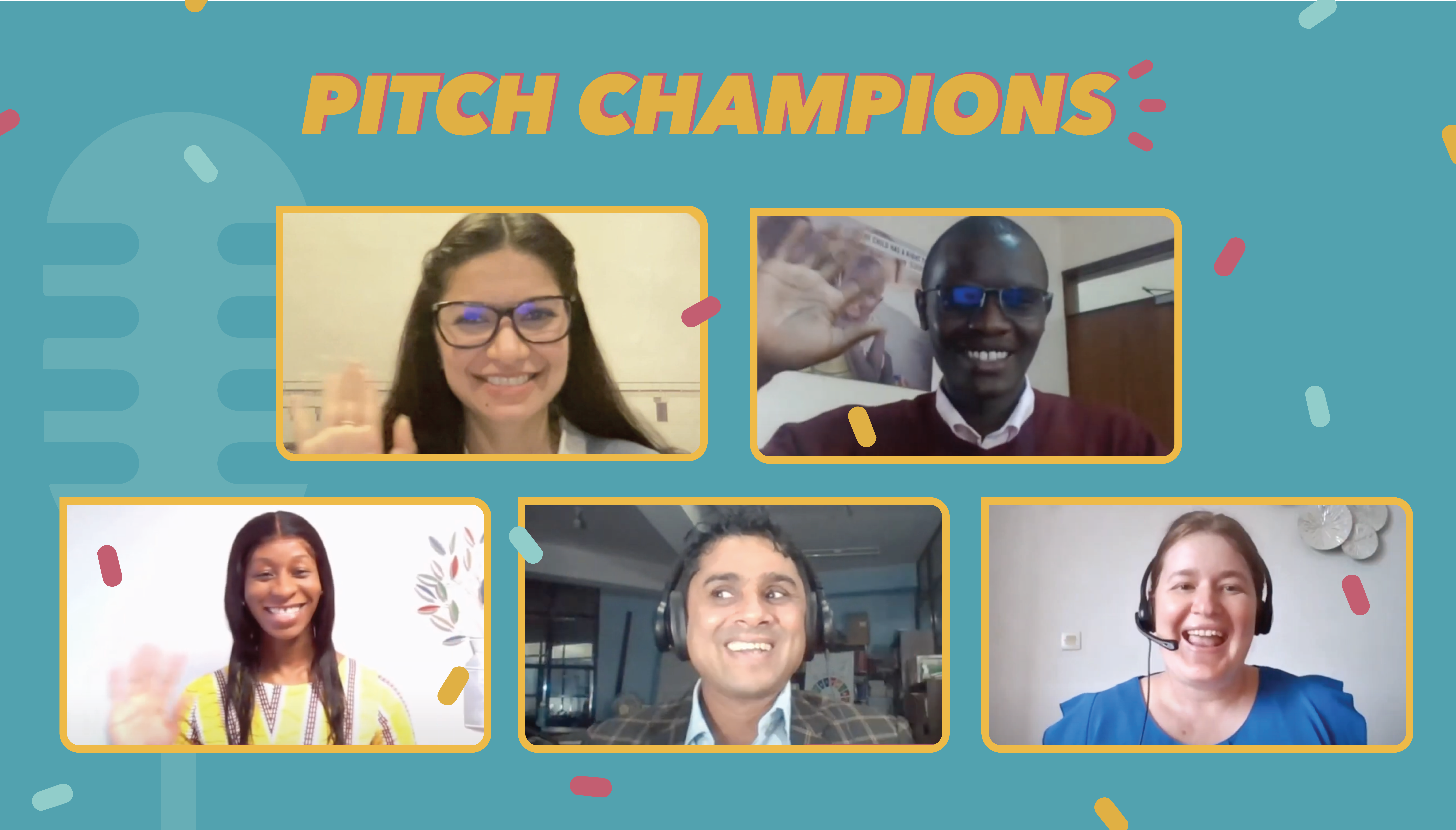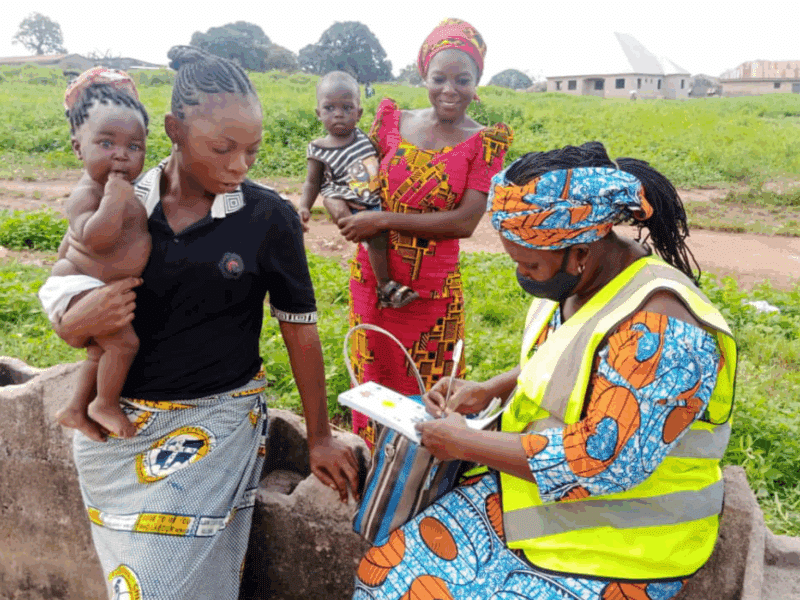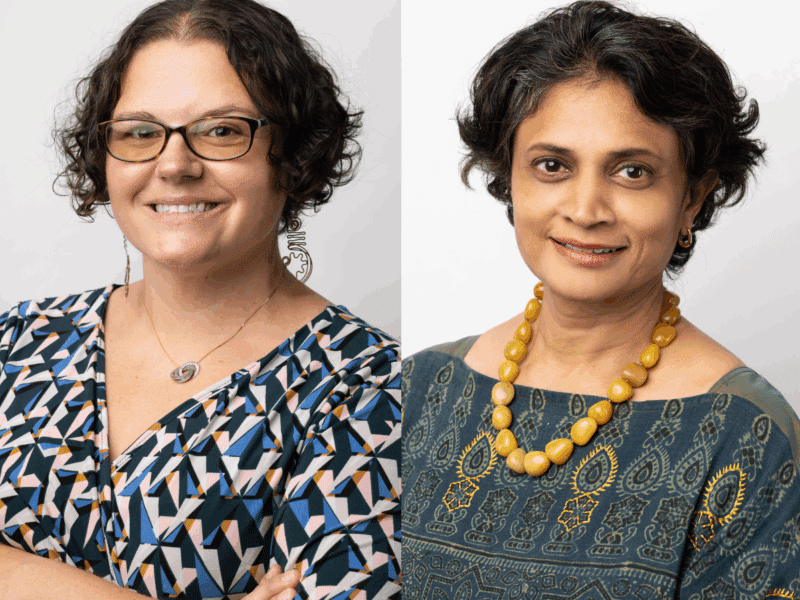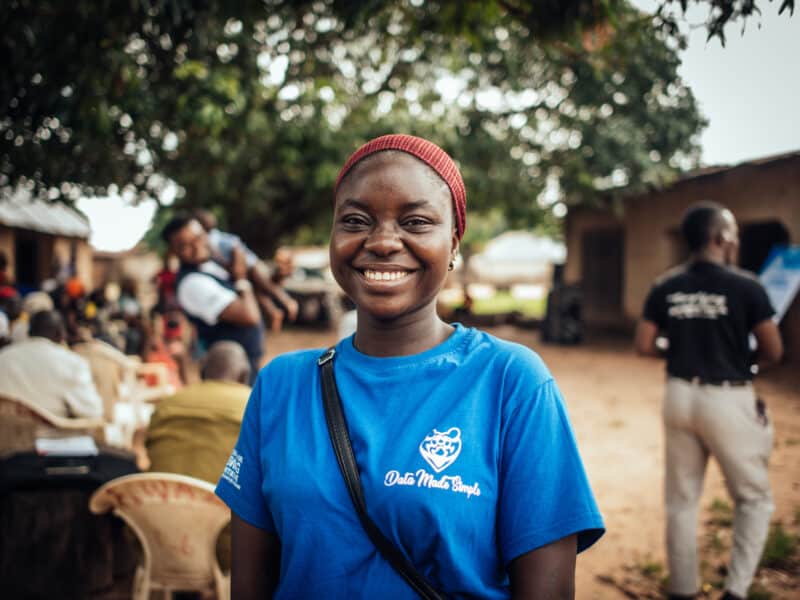A print and online magazine focused on adolescent reproductive health in Madagascar. A centralized family planning dashboard in Kenya designed to help health care workers see trends relevant to their work. A microsite for Hindi-speaking journalists in India to help make knowledge about family planning accessible to the large Hindi-speaking community in regions where fertility rates are high.
These are among the five winners of the second season of “The Pitch,” a global competition spearheaded by the Johns Hopkins Center for Communication Programs’ Knowledge SUCCESS project to find and fund creative knowledge management ideas for family planning.
The Pitch, which is sponsored by USAID and the Bill & Melinda Gates Foundation, aired a pair of 50-minute Shark Tank-inspired shows last week, where 10 semifinalists made their cases to five judges from NGOs, donors and academia for why their innovations would be valuable and sustainable. Nearly $250,000 was awarded to three projects in Africa and two in Asia.
“We can’t wait to see these innovations come to life and how [they] will impact family planning and reproductive health programming,” says CCP’s Grace Gayoso, who hosted the Asia competition show.
In short pitches followed by question and answer sessions with the judges, each semifinalist explained why their idea was a winning one.
Onyinye Edeh is the Founder and Executive Director of the Strong Enough Girls Empowerment Initiative in Nigeria. Her winning proposal will build upon the tradition of passing knowledge through oral storytelling by creating a 20-episode bilingual podcast called “Indi-Genius” where family planning leaders in Nigeria and Niger can share their stories and inspire others to follow their paths.
The podcast will represent and amplify “the voices of amazing young people who day-to-day are making changes in their countries when it comes to advancing family planning and reproductive health,” she told the judges. “It’s just going to be amazing to highlight those untold stories in a fun and engaging but also transformational way.”
In announcing Edeh’s victory, CCP’s Tara Sullivan, who directs the Knowledge SUCCESS project, said that the judges found Strong Enough Girls Empowerment Initiative to be “culturally relevant and innovative.”
“We love that the Strong Enough Girls Empowerment Initiative is a female and locally led group and that it presents knowledge of indigenous youth leaders who are driving change in their communities,” she says.
Ramchandra Gaihre is the Founder and General Secretary of the Blind Youth Association of Nepal, a youth-led organization that provides sexual and reproductive health and family planning services for people with a variety of disabilities.
“Like all human beings, we – people with disabilities – have similar sexual and reproductive health rights and family planning needs and family dreams,” he told the judges. “But these dreams are often unrealized and unmet. A lack of access, ignorance, stigma and judgmental behaviors are further worsening the situation.”
Gaihre’s winning proposal will develop guidelines on creating disability-inclusive sexual and reproductive health and family planning services in Nepal – and include young people with disabilities in the creation process.
The other winners include Save the Children Kenya, the Population Foundation of India and Projet Jeune Leader in Madagascar.
In the first season of the Pitch, four winners were chosen: Jhpiego India, Safe Delivery Safe Mother in Pakistan, White Ribbon Alliance for Safe Motherhood Malawi and Stand with a Girl Initiative in Nigeria.
Says judge Emily Magone of the Gates Foundation: “The Pitch competition has created an environment in which creativity, collaboration and competition intersect. This is an ideal environment in which to foster innovations for knowledge management in family planning.”





